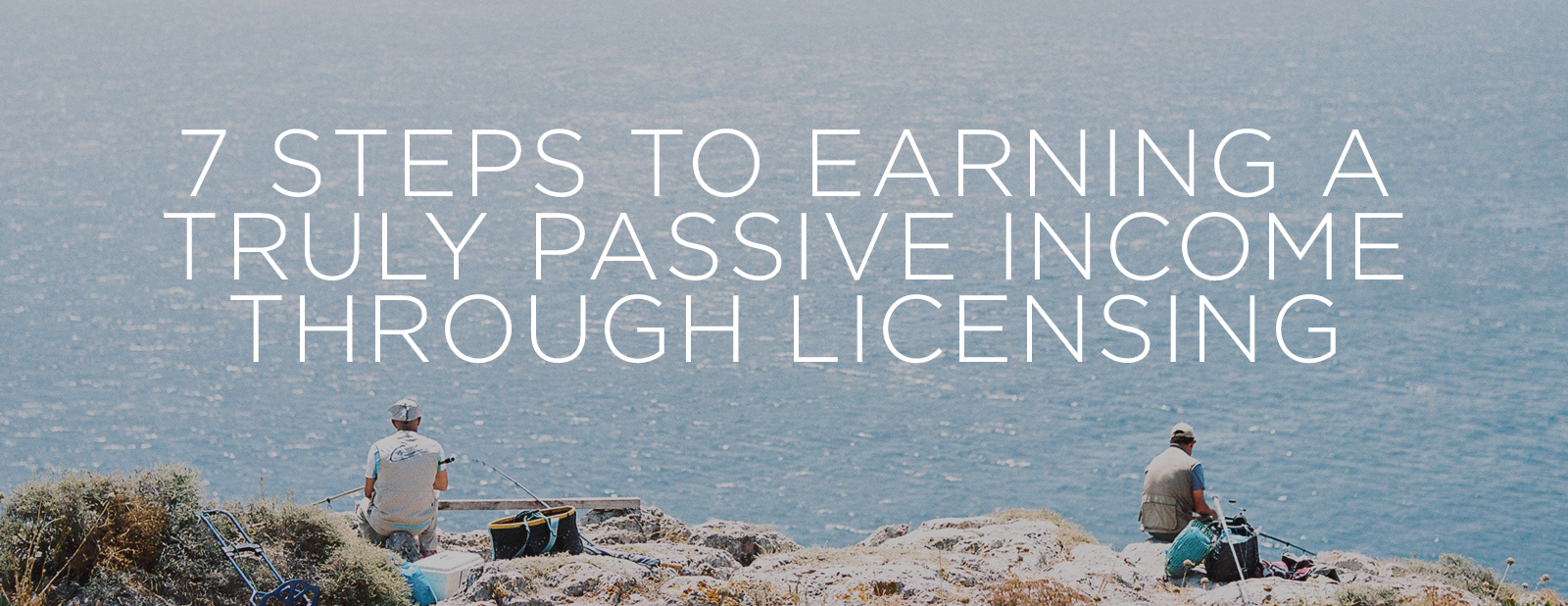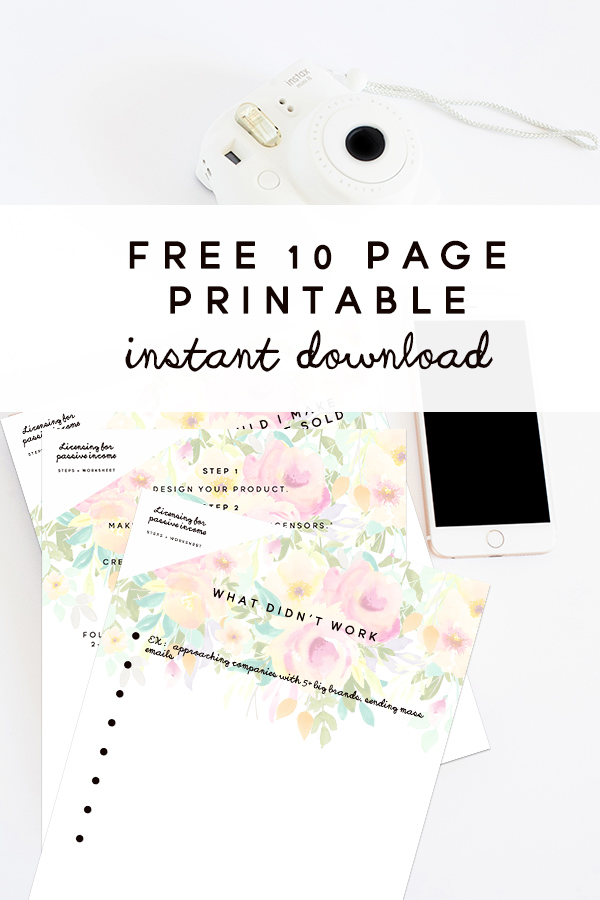
When it comes to ‘passive income,’ everyone seems to have an opinion. “It’s really easy…. It’s really hard… you need to have cycles- list building then launch, list building then launch…”
What if earning a passive income was way easier than this? What if you didn’t have to become a marketing genius to earn a living? The answer to a truly passive income isn’t something new. It’s something that’s really, really old, actually.
When I think of passive income, I think of creating a product or design and selling it over and over again, as many times as possible since each sale is (theoretically) a very small amount of effort in return for a disproportionately larger payout. Contrast this with a service-based business model, where you are trading your time for money. Once the time is spent, the money is earned, but nothing else can be made from that time.
Meanwhile, in a “passive-income” based business model, you spend your time, hours upon hours, creating something- a component of a finished product or a finished product. Once this component or finished product is complete, you’re not spending additional time creating the end product- you’re spending any additional time selling that product. But selling and marketing is not passive by any means.
What if you could take this off your plate and pass it on to someone else, thus freeing up your time to start another cycle of creation while someone else sells your finished product? Now THAT would be truly passive. And it exists, it’s called licensing. Sounds scary? Let’s break it down.
What is licensing?
Licensing is when you create something, like a watercolor design or calligraphy print, and allow someone else to use it for a fee. For example, you could create a line of watercolor art prints and license them on to all kinds of different products like mugs, shower curtains or clocks by just uploading a .JPEG file of your artwork. You could also create a pattern and sell it to a company to print on their products, which is more like a traditional licensing agreement.
What is a ‘licensee’?
A licensee is anyone or any company who purchases the right to use your design or product in a certain way for a fee. For a percentage of their profits or for a fixed amount of money, they can use your artwork, design or product on their own products or in their own work. You are the licensor, licensing your idea to a licensee.
What is a royalty fee?
A royalty fee is a certain percentage of money you get for your contribution to a final product. For example, if you are a designer and license one of your designs to a toy company, they will pay you a percentage of their profits, usually 2-5% for each product sold. That doesn’t sound like a lot, but when they sell 10,000 units of a product at $40 each, that’s $8,000-20,000, depending on the royalty, just for using a design you’ve already created!
Where are some easy places to license my designs or products?
Society 6, Creative Market, Etsy, Zazzle, Spreadshirt and Cupick all provide platforms to start licensing your designs immediately. More traditional forms of licensing, like working through a distributor, can be more prestigious and more lucrative, but usually also require more time/recognition in your industry. Don’t let that discourage you from getting in contact with your favorite shops or brands- you have to start somewhere! And why not start today? The free printable download will get you on track to license your designs wherever you want to.
What is the advantage of licensing over selling my design or product?
Whenever possible, it’s almost always better to license than to sell your design or product. If you sell your design or product outright, you may no longer exercise any control over how, when or who it is used by. If you license your design or product (your property), however, you maintain control over your property in a way that is fitting for your business.
The content in this article is provided for informational purposes only. This information does not constitute legal advice and does not establish an attorney-client relationship. Should you need legal advice for a particular matter concerning your business, seek out the guidance of a licensed attorney.




